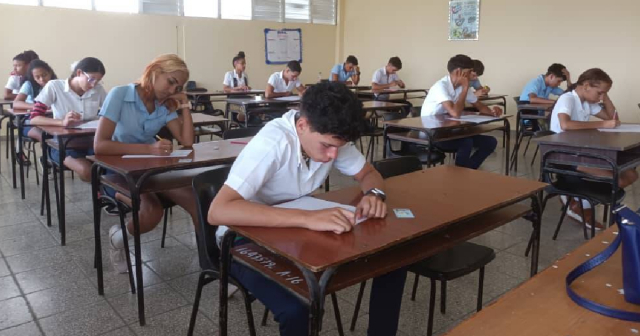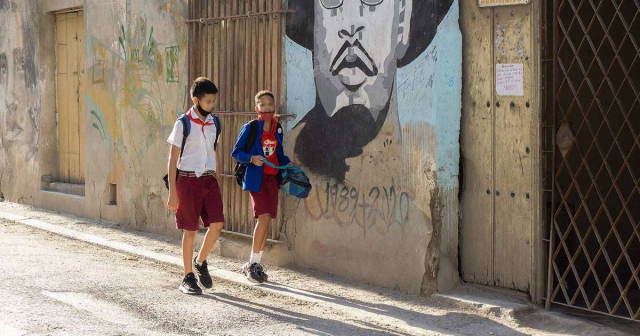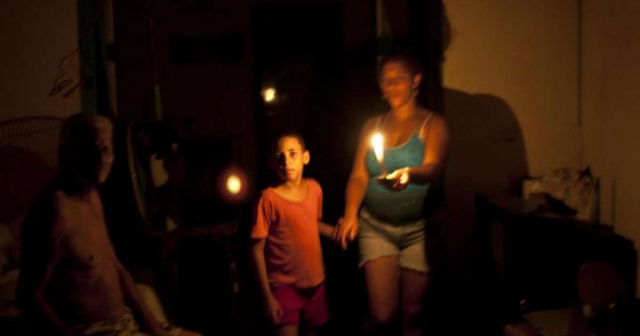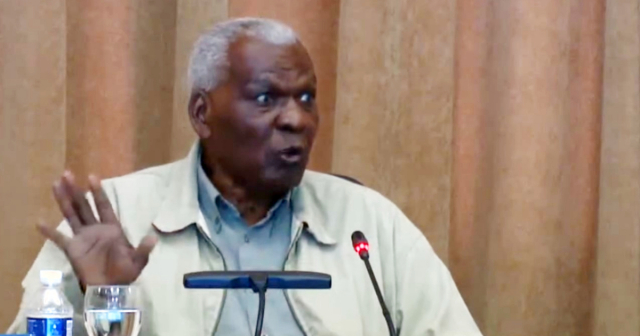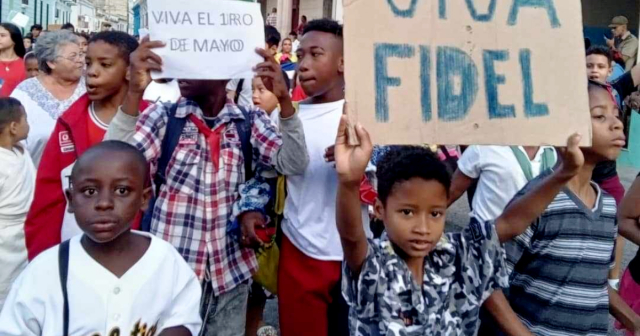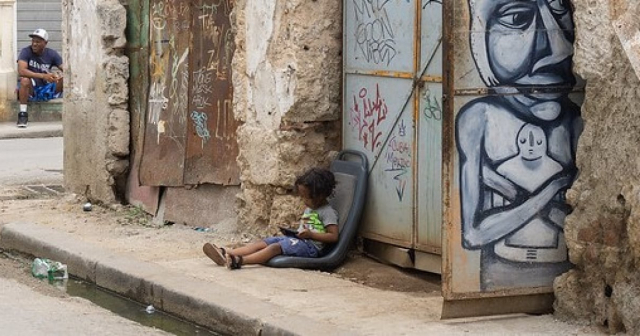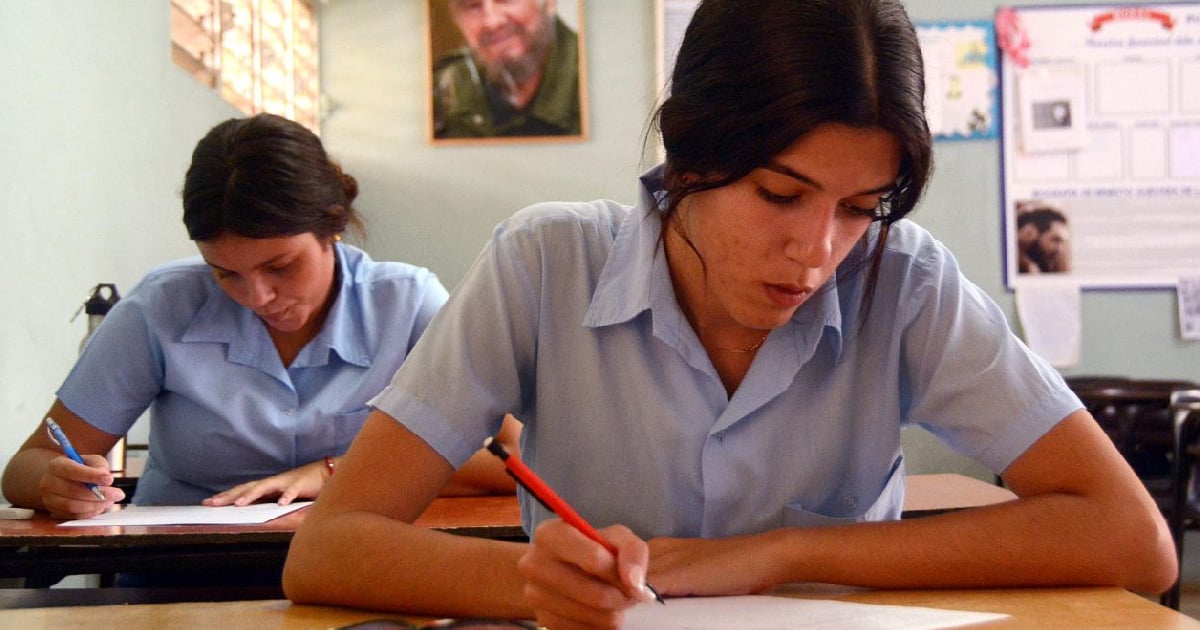
The pre-university students in Ciego de Ávila who took the entrance exams to Higher Education had their worst results in the History of Cuba exam, according to figures provided by officials from that region.
In that central Cuban province, approximately 500 students took the exam, and only 65.01 percent of those examined managed to pass the test that measures knowledge of Cuban history, according to a report from the official newspaper Invasor.
On the other hand, Mathematics had a success rate of 69.38 percent, a figure that authorities say represents an increase of approximately 10 percentage points compared to the previous year, although it is still low.
Meanwhile, the subject with the best results was Spanish Literature, where they obtained a 97.42 percent approval rate (almost the same as in 2023), as reported by Invasor.
A total of 259 students from Ciego de Ávila managed to pass the three entrance exams to Higher Education, a figure that represents 55.46 percent of the students examined.
Although in the Invasor report it does not mention the causes of such a significant setback in the subject of Cuban History, Vivian Rodríguez González, head of the Pre-University Department in the General Directorate of Education in the province, assured that "the strategy for addressing the process of admission to Higher Education is already being redesigned, with the aim of improving results in the next exams, guaranteeing compliance with the general curriculum, and strengthening the preparation of teachers, students, and their families."
The official stated that they are "convinced that success in this work is related to discipline, personal example, willpower, the correct selection of the workforce, and next year we will strive for better results."
This is not the first time that questionable results have been obtained in the test measuring knowledge of Cuban history. In 2022, after being the least favored exam, the official media itself argued that the poor results were due to "the quality of the classes and the teaching coverage throughout the pre-university are the factors for change."
A teacher from that territory said at that time that "the results of this year were alarming and were a thermometer that something was not right." The conditions continue in Ciego de Ávila.
The entrance exams to Higher Education started on May 7th with Mathematics, followed by Spanish-Literature on Friday, May 10th, while on the 14th of the same month it was the turn for History. Additionally, a special call was made for each subject, for those students who were unable to take the regular exam due to justified reasons.
This year, the Cuban government offered more than 104,000 places for students to study at universities, as detailed by Martha del Carmen Mesa Valenciano, president of the Education, Culture, Science, Technology, and Environment Committee of the Cuban Parliament.
In the 2023 results, almost half of the students who took the university entrance exams nationwide were suspended.
The Director of Income and Job Placement at the Ministry of Education of Cuba, René Sánchez Díaz, stated that out of the 21,942 applicants, only 50.4% (11,063) managed to pass the three exams, marking a decrease of 8.9 percentage points compared to the previous year.
However, despite these results, the Ministry of Higher Education announced a few weeks ago that it will maintain the same schedule for the delivery of university degrees this year, including those who have failed or have not even taken the entrance exams.
The entity disseminated this information through its Facebook page, stating that "there are degree programs and technical courses available to all young people who wish to enter the University."
What do you think?
COMMENTFiled under:

